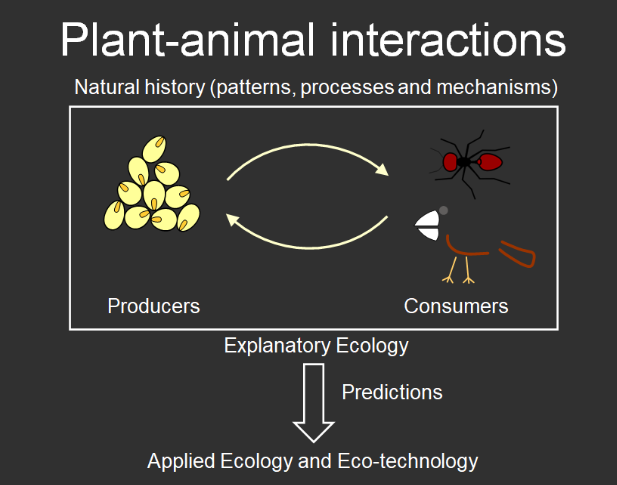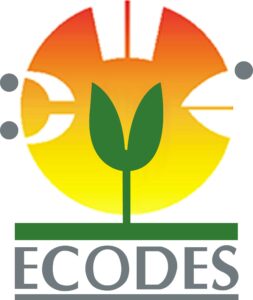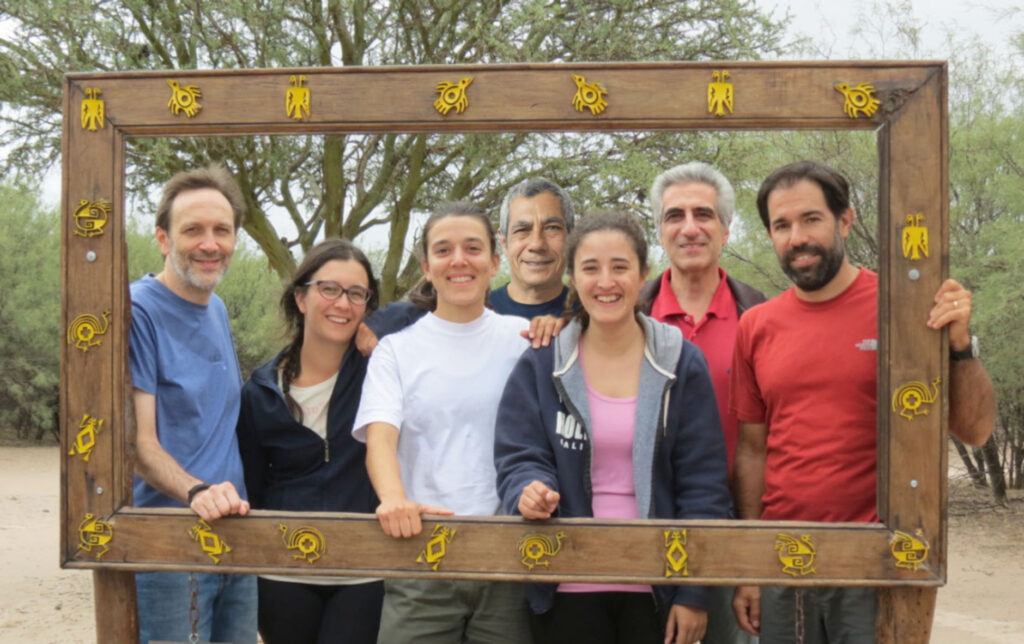Desert community ecology research team (ECODES)


Network activities
Since 1993, ECODES has been developing a research program on the ecology of plant-animal interactions, in particular the “seed-consumer” system, in environments with different degrees of disturbance in the Monte desert. The program includes the analysis of the natural history of plants and their seeds (e.g. of grasses) and of numerous animal species (e.g. of birds and ants) in order to predict and explain the dynamics of their populations from the interactions they maintain with each other and with key environmental factors (e.g. precipitation levels).
In a first phase of basic studies, we challenged the idea, widespread in the literature prior to 1990, that granivory (i.e. the reciprocal interaction between seeds and their consumers) is not an important community process in deserts of southern South America, showing that this interaction -unlike what was conjectured- is robust and can have important ecological consequences. The second phase of the program involved a detailed observational and experimental analysis of several elements of the natural history and the ecology of plants and animals (reproduction, foraging, behaviour and spatial ecology) in protected or slightly disturbed environments of the central portion of the Monte desert. These studies constituted the basis for a third, current phase, focused on predicting the effects that global change has on communities, especially due to the degradation of arid lands and the ability of plants to produce the seeds that are the main food resource of granivorous animals. The program studies the effects of continuous livestock grazing in the region on grasses ↔ seeds ↔ granivores ↔ productive activity, revealing the mechanisms underlying the interactions.
As part of the research program, ECODES also examines the reliability of the knowledge it generates, which involves detecting the epistemological and methodological elements that best lead to robust and spatio-temporally replicable predictions. These predictions are one of the bases of applied ecology and eco-technology necessary for the management and conservation of biodiversity and ecosystem services. An essential eco-technology to face the environmental degradation scenarios foreseen by the increase in the demand for ecosystem goods and services in arid lands. The program is explicitly mechanismic and maintains a constant dialogue with similar studies in other deserts and semi-deserts with the aim of integrating knowledge in order to produce predictions and explanations as general as possible.
The research group was conceived in 1993 as an authentic “network” to which researchers and students from IADIZA and Facultad de Ciencias Exactas y Naturales of UNCuyo, and from IEGEBA and Facultad de Ciencias Exactas y Naturales of UBA have been associated, as well as invited colleagues and students from other institutions in Argentina and abroad. This structure has sustained the academic production of ECODES for almost three decades, while developing valuable professional and human relations.

